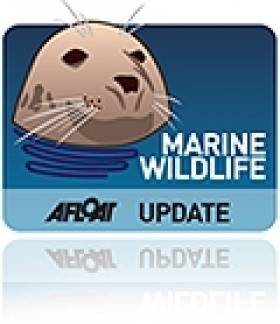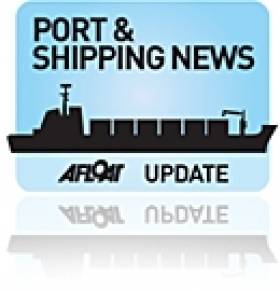Displaying items by tag: Canada
Canada Challenges EU Over Seal Products Ban
The Canadian Government is challenging the European Union over its ban on seal products.
Canada has reportedly asked the World Trade Organisation (WTO) to arbitrate a formal dispute to assess the EU ban, which Canada alleges is a violation of WTO rules.
The EU ban on seal products was approved by all 27 member states in 2009 and came into force last year. According to Canada it has led to a decline in its seal product market of more than 50%.
Canada's fisheries minister Gail Shea accused the EU of siding with "animal rights lobbyists" over the ban.
The country has strict regulations regarding the hunting of seals, but the most efficient hunting method - commonly referred to as 'seal clubbing' - is highly controversial. Animal rights activists also claim that many seals are skinned alive, which is a prohibited practice.
However, the remote nature of seal hunting grounds makes enforcing regulations difficult.
New Inspection Regime for Ships and Yachts in Europe, Russia, Canada
Yachts in Europe, Russia or Canada will face new marine safety inspections from 2011 following the implementation of the Paris MOU's New Inspection Regime (NIR), Sail World reports.
Previously only 25% of ships and very few yachts were inspected at ports in countries signatory to the Paris Memorandom of Understanding on Port State Control, which includes most maritime countries in Europe as we as Russia and Canada.
But the introduction of the NIR sees a shared commitment to inspect all ships and boats visiting ports in the Paris MOU region.
Vessels will be inspected under such categories as type of vessel, age, flag, class society, owner and/or manager and inspection history. A 'Ship Risk Profile' will also classify vessels as either low risk, standard risk or high risk, requiring inspections every two years, 12 months and six months respectively.
The NIR has courted controversy among boat owners due to the requirements for classification as a Low Risk Ship, which state that the flag in which a yacht is registered must be included on the Paris MOU's approved 'white list'. At present only 16 flags have such approval.
Meanwhile, the region's 'black list' - which represents flags of countries considered high risk - lists a number of Caribbean states.































































